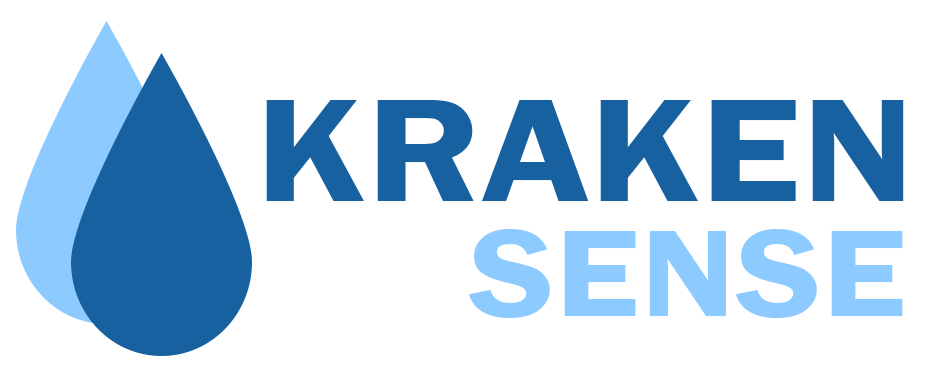FDA Warning on Dog Food Contamination—and How the KRAKEN™ Can Help
The U.S. Food and Drug Administration (FDA) has issued a new advisory after samples of certain dog food products tested positive for both Listeria monocytogenes (L. mono) and Salmonella. These findings raise concerns not only for the health of pets but also for the potential risk of transmission to humans who may handle the food or interact with contaminated surfaces. (FDA, 2025)
Understanding the Risks: Salmonella and Listeria monocytogenes
Both Salmonella and L. mono are harmful bacteria that can cause serious illness in animals and people.
In dogs, Salmonella infection can cause vomiting, bloody diarrhea, fever, loss of appetite, and lethargy. Even without obvious symptoms, infected pets may still shed the bacteria in their stool, contaminating their surroundings. While infections with Listeria monocytogenes are less common in dogs, they can be far more serious—leading to diarrhea, fever, difficulty breathing, pregnancy loss, and in rare cases, neurological signs such as imbalance and tremors.
Humans can also become sick from these pathogens. Salmonella infection often causes diarrhea, abdominal cramps, and fever, and in severe cases can spread beyond the intestines, requiring hospitalization. Listeria monocytogenes (listeriosis) may cause fever, muscle aches, and confusion, and poses an even greater risk to vulnerable groups such as pregnant women, infants, older adults, and immunocompromised individuals, where it can result in pregnancy complications, bloodstream infections, or meningitis.
Because these bacteria can persist in household environments, it’s critical to practice proper hygiene, including cleaning food bowls, surfaces, and pet items thoroughly.
How Our Advanced Technology Could Prevent Outbreaks
Incidents like this highlight the urgent need for better monitoring tools in the pet food manufacturing process. Traditional testing methods can be slow, allowing contaminated lots to be distributed before contamination is detected.
That’s where the KRAKEN™ comes in.
KRAKEN™ is a real-time, fully automated microbial monitoring system that can detect multiple pathogens—such as Salmonella and L. mono—within 2 hours instead of days.
By integrating the KRAKEN™ directly into a manufacturing line, companies can continuously monitor for contamination at critical control points, ensuring safety before products leave the facility.
The KRAKEN™ can continuously analyze samples or the user can set a sampling schedule as desired
This proactive approach not only protects animal and human health but also helps manufacturers avoid costly recalls, loss of consumer trust, and potential legal risks.
Conclusion
Pet food safety is public health safety. Every recall or advisory reminds us how interconnected the well-being of pets and humans truly is. With smarter tools like the KRAKEN™, manufacturers can get ahead of contamination issues, safeguard their supply chain, and provide consumers with the confidence that the products they bring home are safe.

